
Facts about tyres
A genuine high-quality tyre is much more than a piece of rubber; the result of meticulous development and thorough testing, it is a carefully prepared high-tech product involving a great degree of manual work, chemical and technical expertise, precision and high-quality raw materials. No wonder then, that it takes from two to four years of development work before a new tyre hits the road.
A genuine high-quality tyre is much more than a piece of rubber; the result of meticulous development and thorough testing, it is a carefully prepared high-tech product involving a great degree of manual work, chemical and technical expertise, precision and high-quality raw materials. No wonder then, that it takes from two to four years of development work before a new tyre hits the road.
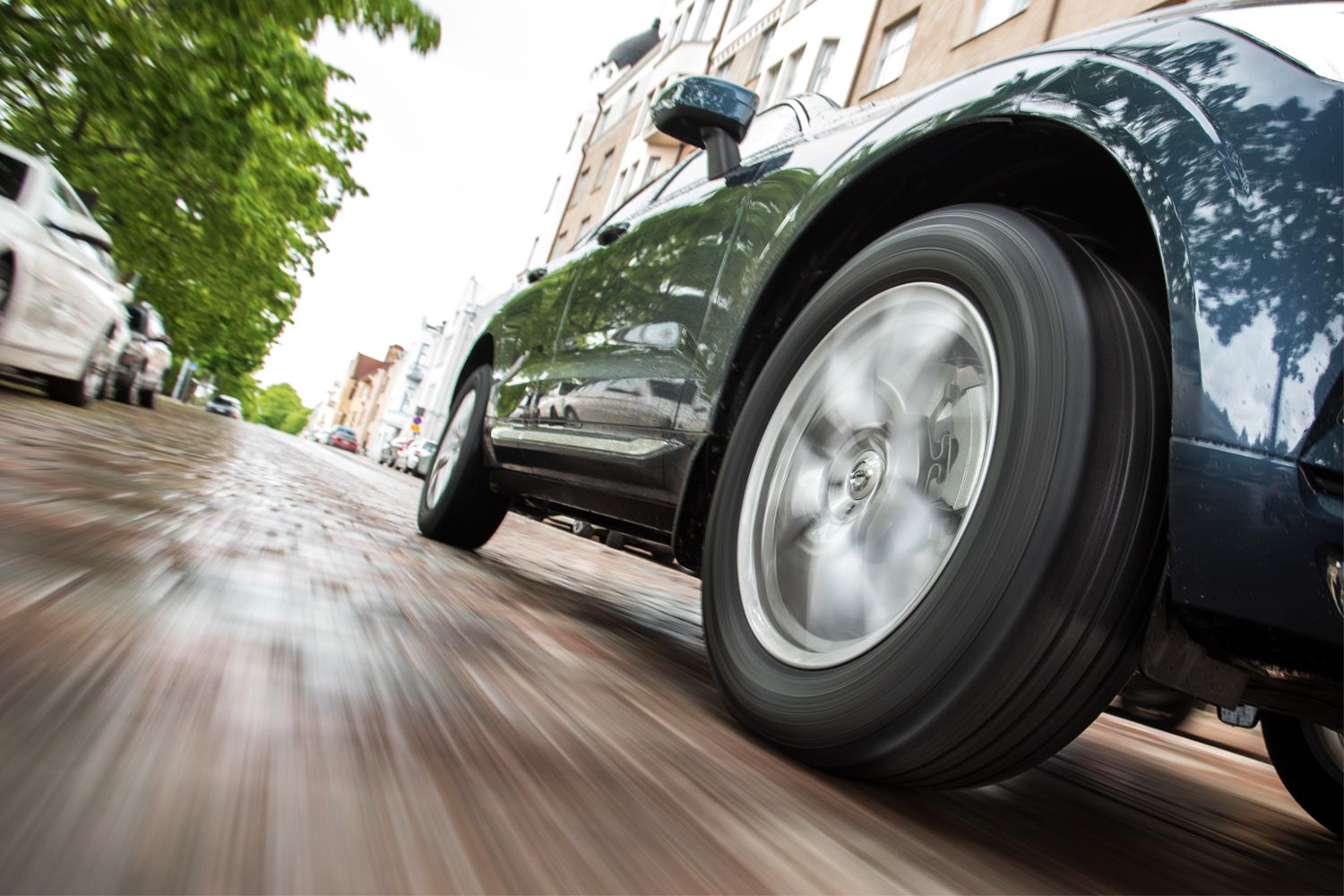
Useful tips for tyre maintenance
Tyres are the most important safety accessory on your car: they are the connection between you and the road surface. Tyres will greatly affect safety and driving comfort. Ensure that your tyres in good condition and remember to maintain them.

FAQ
FAQ about tyres: Sidewall markings, tyre care, manufacturing and environmental issues.
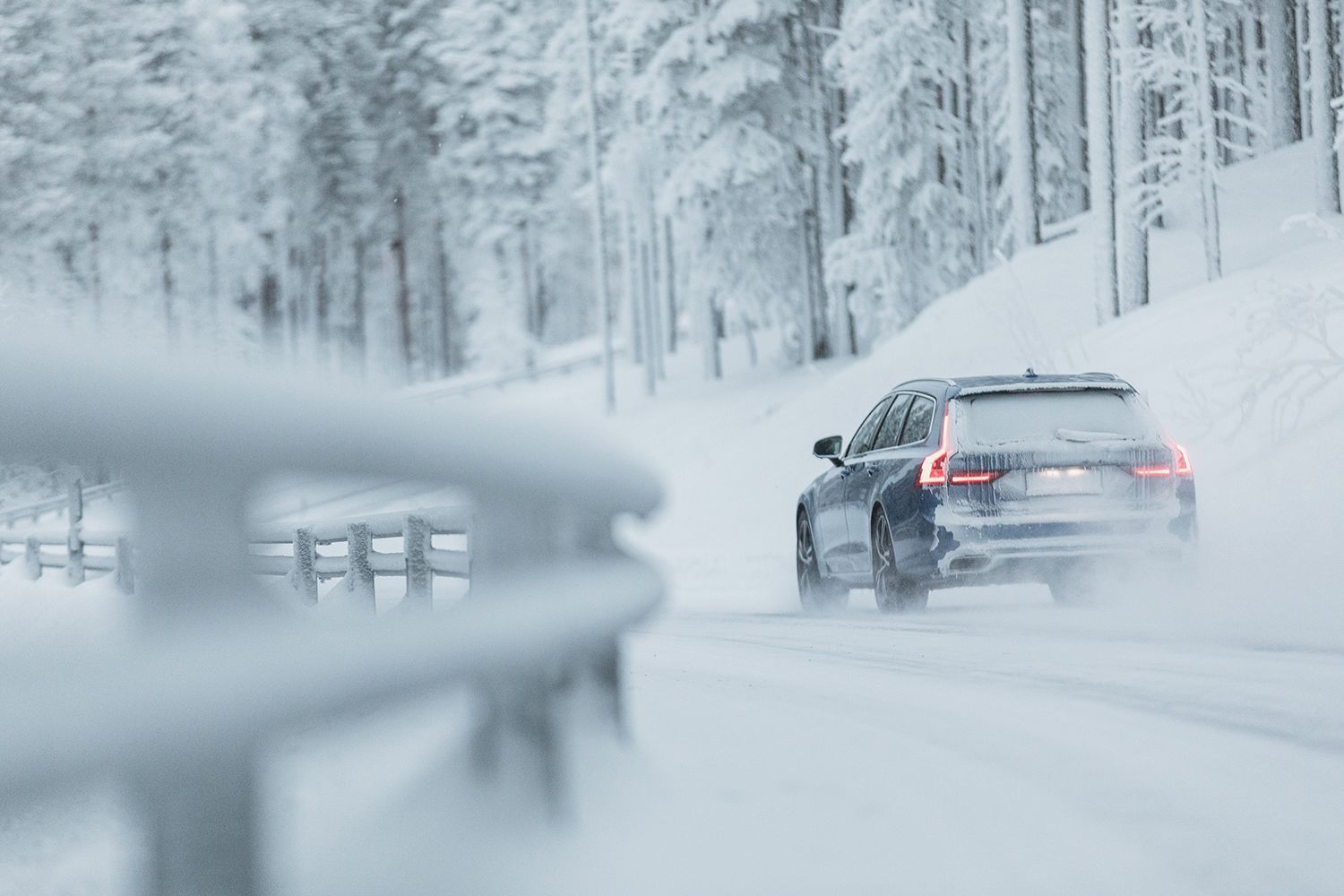
Tyre regulations
Read about the most important winter tyre regulations in Europe
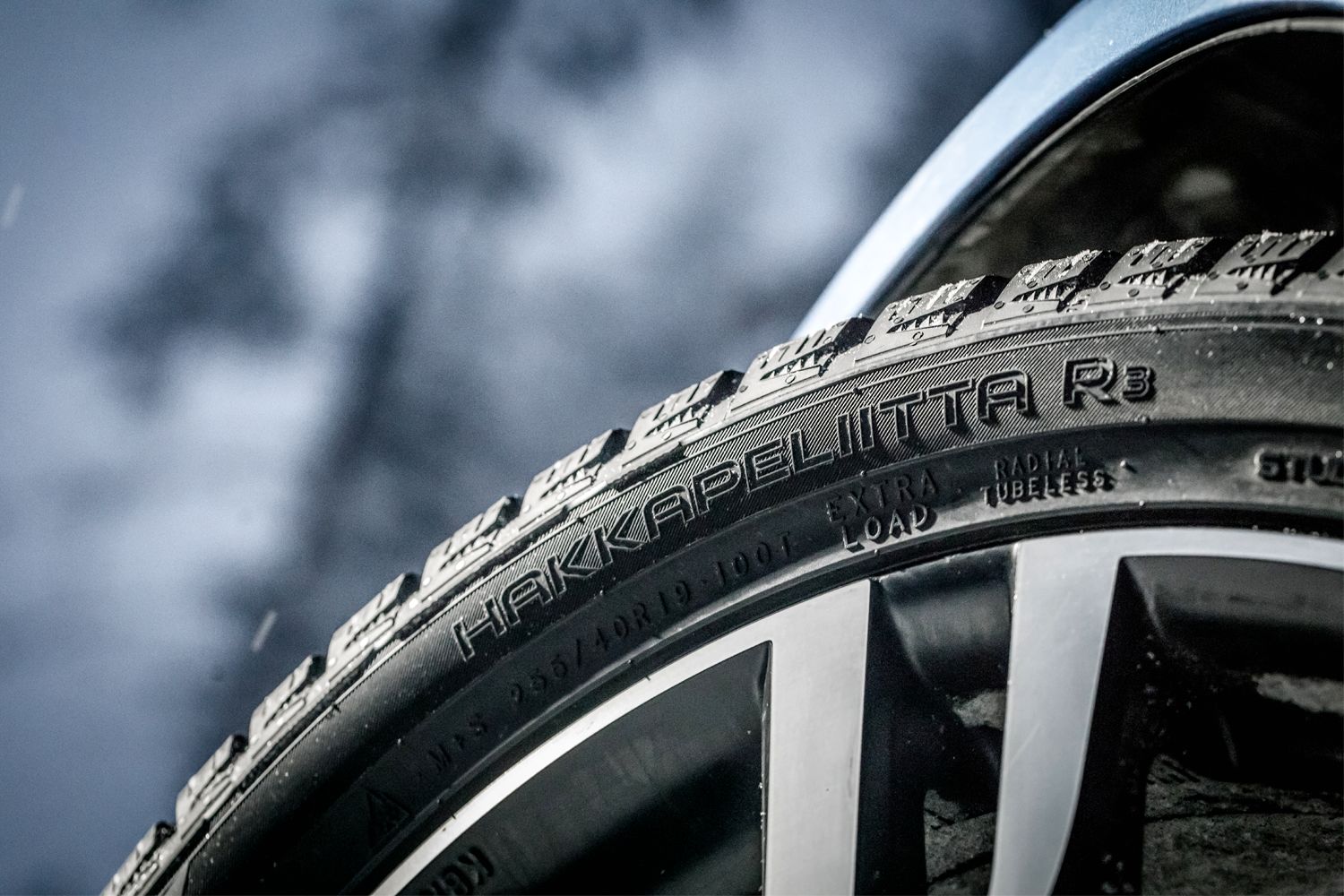
Sidewall markings
Tyre size is the most important information given on the tyre. The size designation is specified as a series of numbers and letters, for example 205/55 R 16 94 V XL.

EU tire label
Starting in November 2012, buying new tyres in the European Union will be made easier by the new tyre labels that are similar to the energy labels for household appliances. The labels will guide consumers towards acquiring tyres that are of higher quality and, therefore, safer.
Automatic Tyre Pressure Monitoring System (TPMS)
A new EU directive is making tyre pressure monitoring (TPMS) a required accessory on all new passenger cars. The utilisation of a TPMS system improves traffic safety and reduces fuel consumption.
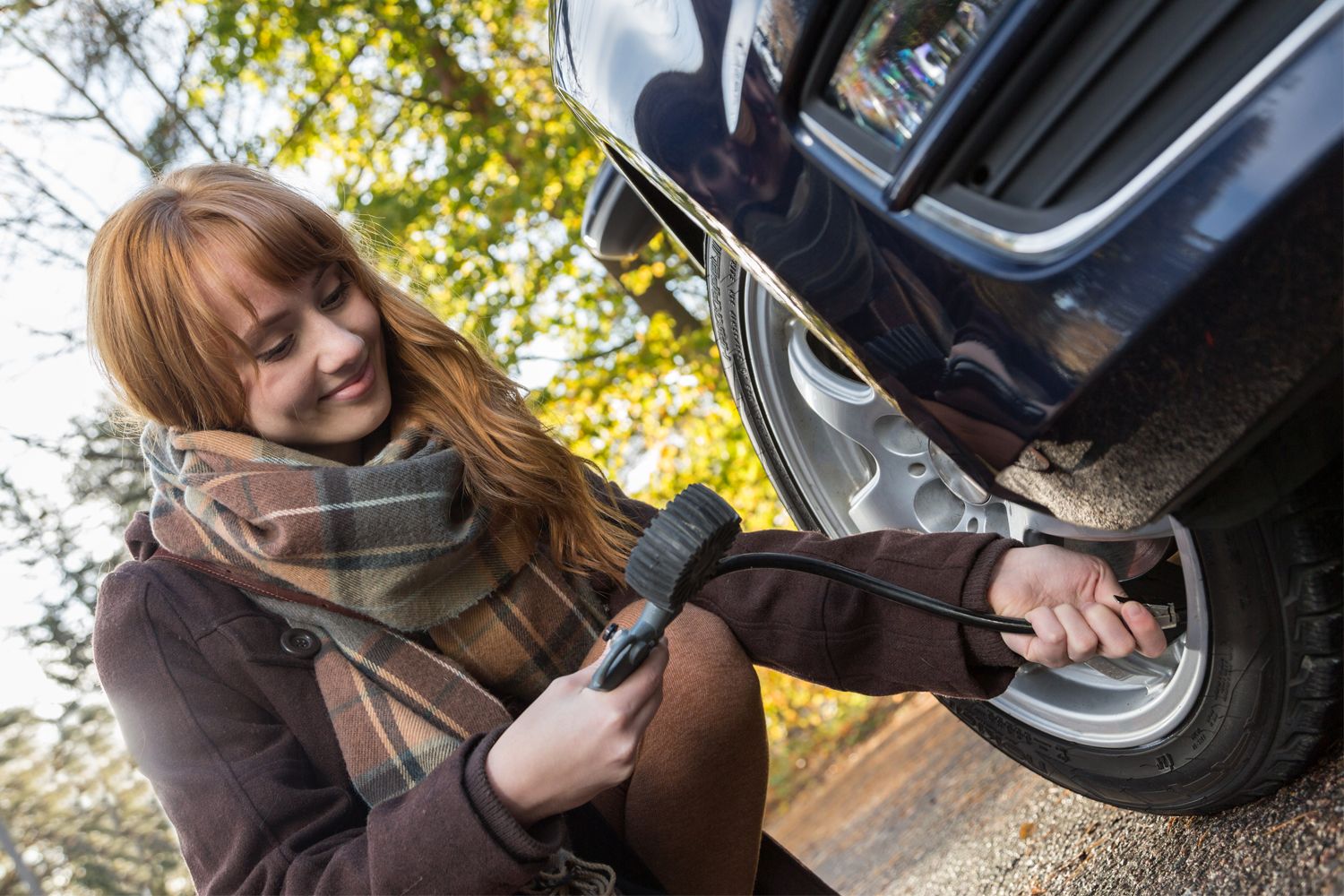
Tyre inflation pressures
Temperature has a significant impact on tyre pressurisation. The temperature in a warm garage can be up to 30 ˚C higher than outside. If the tyre pressure is measured inside, it will be too low for outside temperatures.
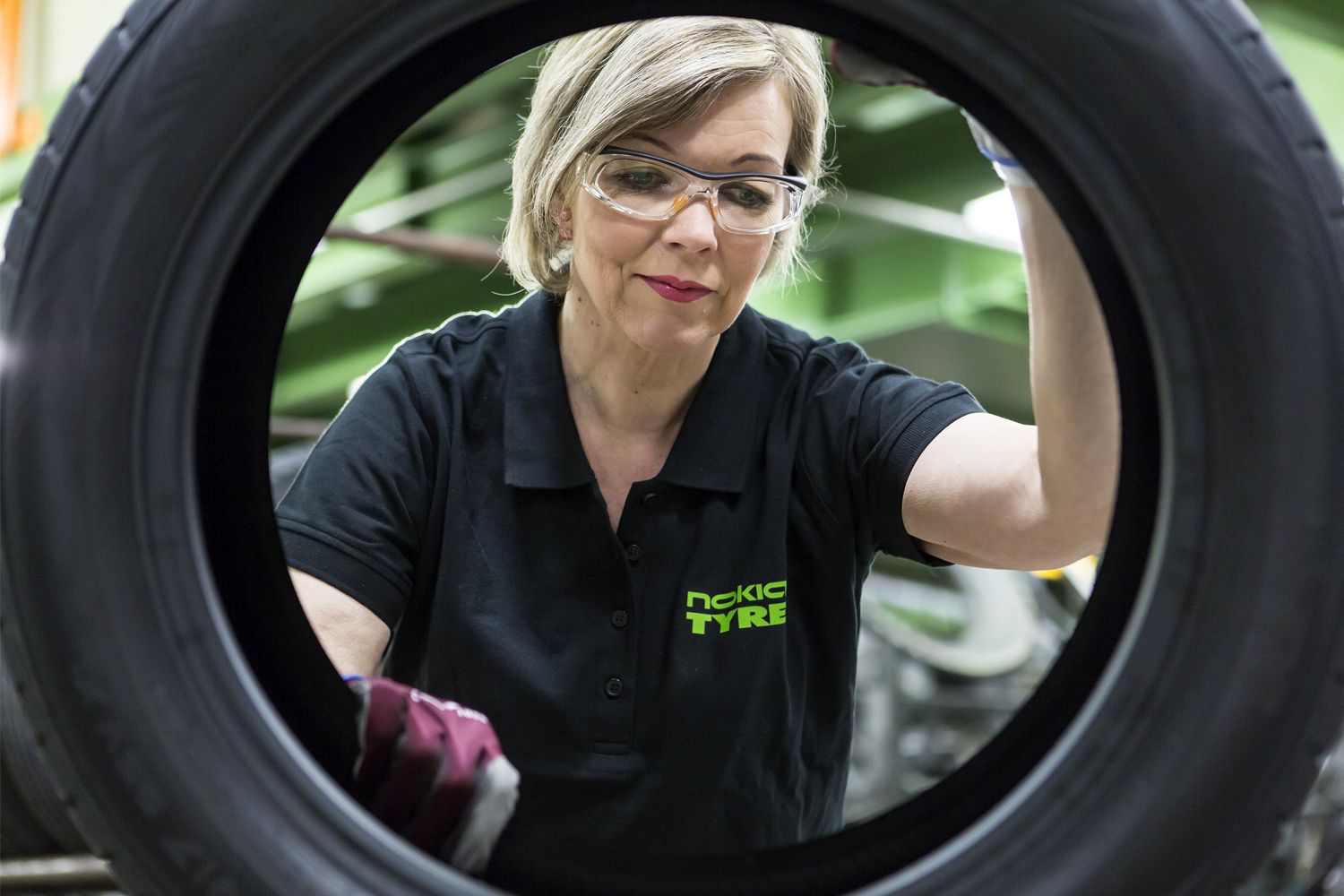
Production process
The main raw materials of a tyre are natural rubber, synthetic rubber, carbon black and oil. The share of rubber compounds in the total weight of a tyre is more than 80%. The rest consists of various kinds of reinforcing materials.